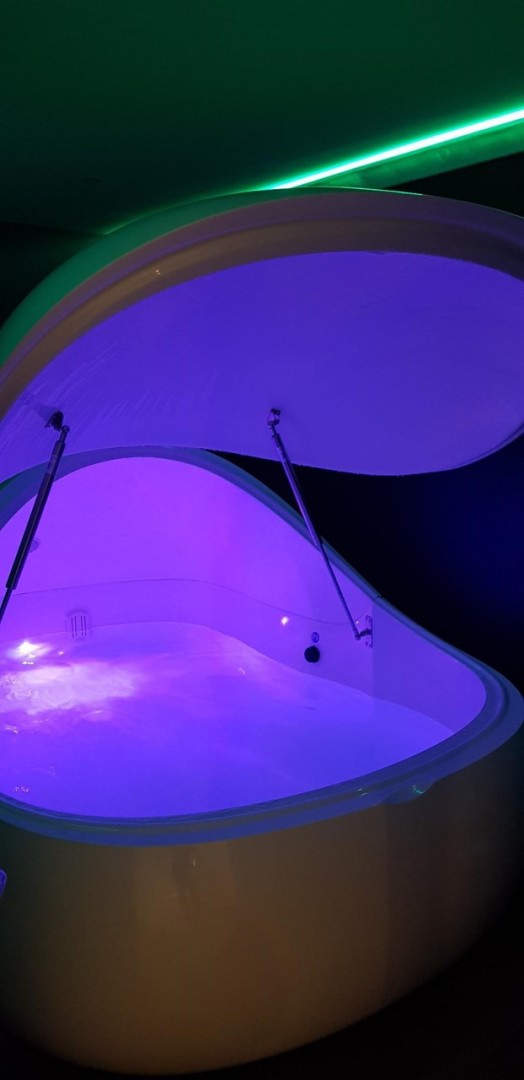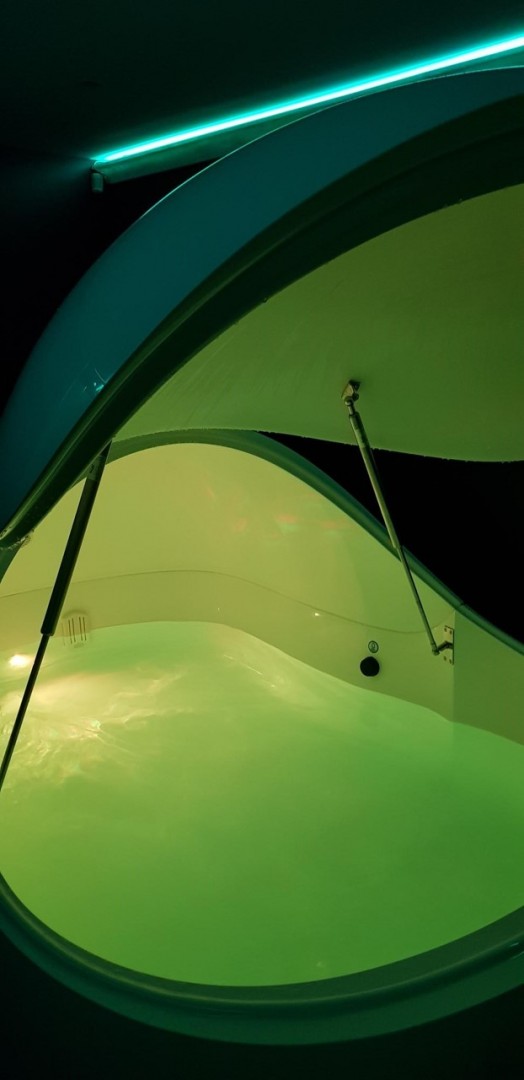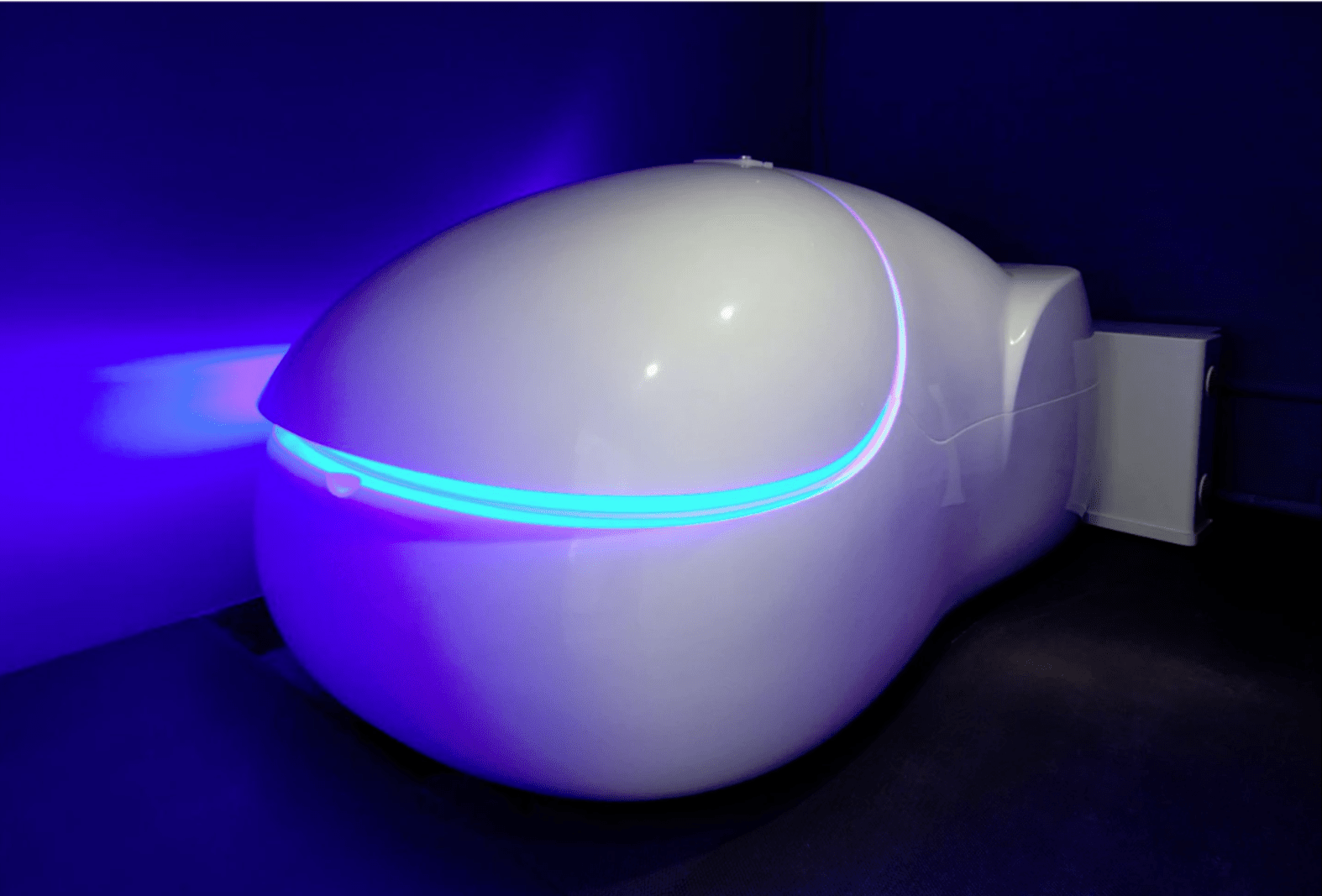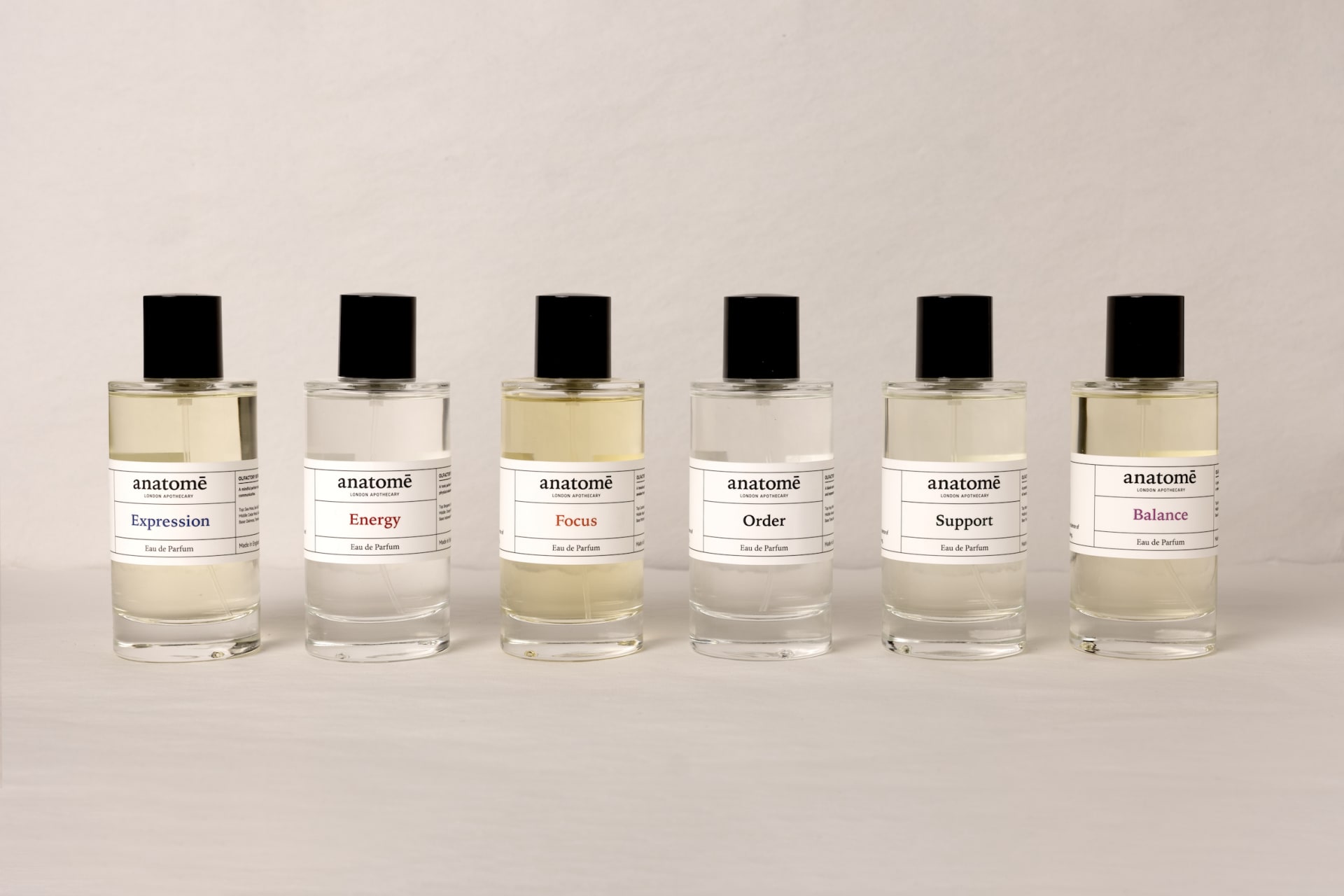It looks like a futuristic egg. It wouldn’t look out of place on the set of Tron or 2001: A Space Odyssey. Except that I wasn’t in Hollywood, I was in Garsington, at Oxford Floatation Centre about to have my first hour of floatation therapy.
The origins of this treatment, and the pod where I was to spend the next 60 minutes, are a little outside the mainstream, certainly a little outside Garsington. It began in the US, during the countercultural movement with a scientist by the name of Dr John Cunningham Lilly. Dr Lilly, like many of his contemporaries, was interested in human consciousness and the effects of psychedelic drugs. Early floatation tanks were a rather more daunting prospect than the softly lit shell into which I was to step. One would have been suspended vertically, completely submerged, with a face mask and breathing tube snaking out the top. Today, I’m glad to report, things aren’t so medieval.
 Dr Lilly’s aim was to generate a state of utter sensory deprivation. In doing so, he hoped to zero in on that which is neurologically nascent; on what’s left when we’re stripped of all external stimuli. (He also wanted to communicate with dolphins but that’s a story for another time.) It’s worth pausing here to recognise just how much cerebral information this involves; how much of what our brain imbibes we scarcely notice. Alongside the five so-called ‘traditional’ senses we learn about at school are some more complex ones. There’s our sense of balance, of temperature, and of where our limbs are in space, a sense called proprioception. Our brains are constantly taking this all in, amalgamating data from sensory organs and bodily systems to paint the picture of the world around us and our place in it.
Dr Lilly’s aim was to generate a state of utter sensory deprivation. In doing so, he hoped to zero in on that which is neurologically nascent; on what’s left when we’re stripped of all external stimuli. (He also wanted to communicate with dolphins but that’s a story for another time.) It’s worth pausing here to recognise just how much cerebral information this involves; how much of what our brain imbibes we scarcely notice. Alongside the five so-called ‘traditional’ senses we learn about at school are some more complex ones. There’s our sense of balance, of temperature, and of where our limbs are in space, a sense called proprioception. Our brains are constantly taking this all in, amalgamating data from sensory organs and bodily systems to paint the picture of the world around us and our place in it.
I’ll admit I was a little intimidated by the prospect of depriving my brain of all this. There was a chance I’d find it all too intense, that I would feel immediately anxious and vulnerable and have to traipse back to work without a story to tell you. The world’s incessant, suffocating delivery of information is stressful to be sure, but removing it all might be like kicking away my neurological Zimmer frame.
I stepped in. As I lay back my legs bobbed weightlessly to the surface. The water below and the air above were at body temperature. I turned the lights off and shut my eyes. The Epsom salt, the tank’s magic ingredient, makes the water silky to the touch. After an unknown interval, I realised I couldn’t discern where my body began and ended. A little while longer and I felt tiny muscles in my neck and lower back twinge and then relax. All the small, otherwise indiscernible aches I accumulate sitting at a desk were suddenly in full view and, one by one, they left me.
What struck me first was how much cerebral space is freed up by weightlessness. More than the other senses with which I was parted, not having to contend with gravity and balance was emancipating – my best analogy is that of a computer groaning under the weight of a task, suddenly having its processing power freed to contemplate long-abandoned problems. I couldn’t tell you where my mind was going while floating. Suffice to say that I felt somewhere apart from Garsington, from the tank and from myself. It was glorious.
Of the tank’s effects, its total removal of the sense of time was perhaps the most illuminating. I remember thinking at one point that it could have been 5 or 55 minutes since I’d got in. We’re used to time feeling longer or shorter than it is. As Einstein said, “When you are courting a nice girl, an hour seems like a second. When you sit on a red-hot cinder, a second seems like an hour. That's relativity.” When you are weightless in floatation, an hour is imperceptible.
 The list of benefits boasted by floatation therapy is so long that it might inspire a degree of doubt, if not downright cynicism. I must admit I’m occasionally seduced by a disparaging sense of dismissal when panaceas are offered in the face of insistent ailments. Before I’d learnt to manage my anxiety, all the talk of yoga, walking and mindfulness angered me. These people mustn’t understand, I thought. They couldn’t. If they knew what it was like, they wouldn’t be suggesting having a stretch and lighting some incense. I’ve grown up a bit since then and I’ve looked into yoga, mindfulness and floatation therapy – it all checks out. I also walk everywhere.
The list of benefits boasted by floatation therapy is so long that it might inspire a degree of doubt, if not downright cynicism. I must admit I’m occasionally seduced by a disparaging sense of dismissal when panaceas are offered in the face of insistent ailments. Before I’d learnt to manage my anxiety, all the talk of yoga, walking and mindfulness angered me. These people mustn’t understand, I thought. They couldn’t. If they knew what it was like, they wouldn’t be suggesting having a stretch and lighting some incense. I’ve grown up a bit since then and I’ve looked into yoga, mindfulness and floatation therapy – it all checks out. I also walk everywhere.
Whether going into it as a spiritual, 60s psychonaut, an aching sportsperson, a pregnant mother, an overworked [enter job here], or just a curious soul, it would be hard not to get something out of floating. Don’t be daunted if you’re claustrophobic – the lid is easily opened, the lights can be left on, and a button to your right side will call someone in. Don’t be put off if you’re not one for the strange exhibitionism of spas, this couldn’t be more private and personal. One hour-long session costs £49 and might just be the most restorative money you ever spend. If any of the above sounds like it might do you some good, pick up the phone and book a session – after all, when was the last time you simply stopped?
To book: visit oxfordfloatationcentre.co.uk
Email: oxfordfloatationcentre@outlook.com
Call: 01865 361022









